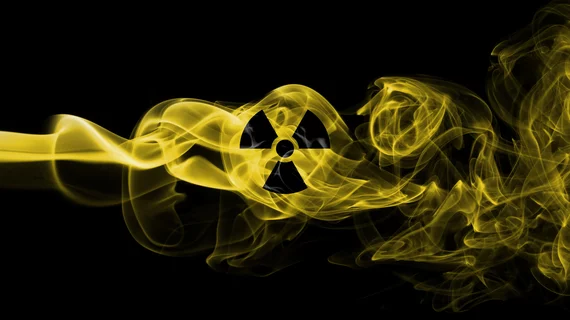Isotope shortage update: NMEU names potential restart date for downed reactor
The latest update from Nuclear Medicine Europe’s (NMEU) Emergency Response Team indicates that the current disruption in the production of medical radioisotopes might not be as deleterious as originally thought.
On November 4, NMEU stated that inspections at the downed BR2 reactor had been finalized. Pending discussions with safety authorities on November 7, the projected restart date for the reactor is Nov. 17.
In late October, a mechanical failure was uncovered during inspections of the Belgium reactor. This discovery resulted in additional investigations and delayed the reactor’s restart date, which put the supply and distribution of invaluable radioisotopes—Mo-99 and Tc-99m—in jeopardy. Stakeholders were told to prepare for shortages that could last through the end of November.
As a mitigation tactic, the SAFARI reactor located in South Africa extended its cycle to November 19 to make up for the delay. Additionally, the LVR-15 reactor in the Czech lands has expedited its restart date—it will now resume operations starting on Nov. 18 instead of the previously planned Nov. 29.
Although operations at the BR2 reactor will resume shortly, NMEU indicates that the disruption could still result in shortages of Mo-99 and I-131 that last through at least the third week of November. It is possible that due to a planned outage at one of the reactors that produces I-131, production of that isotope could also be intermittently interrupted until February.
The next update on the situation is expected to be released on Tuesday, November 8.
To read the latest statement from NMEU, click here.

